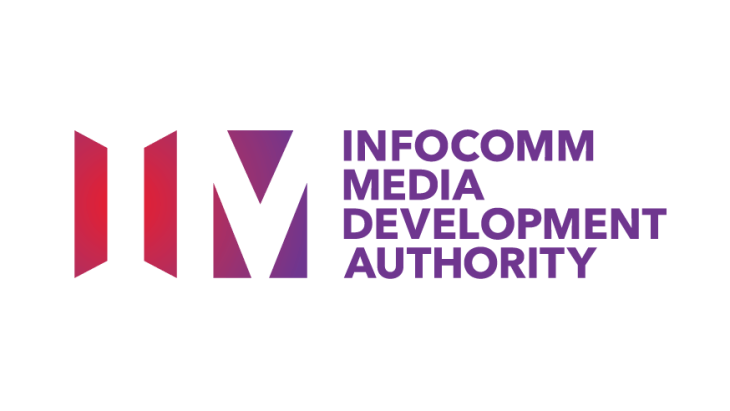
IMDA partners with industry players for live cross-border trade
The first shipment was from Singapore to Thailand during the first quarter of 2023.
With the goal of resolving gaps in global trade digitisation, the Infocomm Media Development Authority (IMDA) joined hands with industry players and implemented a live shipment from Singapore to Thailand during the first quarter of 2023.
The fully paperless, live cross-border trade involved the use of an ETR, that is functionally equivalent to a paper Bill of Lading (BL) using Singapore’s TradeTrust Framework.
Pioneered by IMDA, TradeTrust addressed the challenges of paper-based crossborder trades, leveraging international standards and frameworks, using blockchain-powered technology to enable digitisation of transferable documents into ETR.
IMDA’s TradeTrust framework harmonises the legal recognition of digital documentations between various jurisdictions which has adopted the United Nations Commission on International Trade Law Model Law on Electronic Transferable Records.
How the Shipment was Conducted
• ExxonMobil Asia Pacific shipped liquid chemicals from Singapore to Thailand.
• VLK issued an electronic Bill of Lading (eBL) using Bunkerchain, a TradeTrust-enabled
digital platform.
• The use of Marine Vessel Pass, a joint project between S&P Global Market Intelligence
and Bunkerchain, created a Digital Passports for Ships on the eBL ensured that digital
identity used in the signing, was onboarded, and verified by S&P Global Market
Intelligence. This was tied to their International maritime organization number.
• The eBL was subsequently surrendered on the TradeTrust Reference Implementation,
demonstrating interoperability across different systems without the need to develop
inter-system connectivity protocols such as APIs. It also established the interoperability
between digital and paper-based processes.
• VLK was supported by their Protection and Indemnity (P&I) Club, on the basis that the
P&I liabilities arising from the use of a TradeTrust-issued eBL is equivalent to the
liabilities that could have arisen under the use of a paper-based Bill of Lading.
• The eBL was legally supported solely by statutory law without the use of any contract
law or rulebook. This shipment showed that an eBL issued using the TradeTrust
framework can be used in a non-MLETR jurisdiction, such as Thailand.
























 Advertise
Advertise






